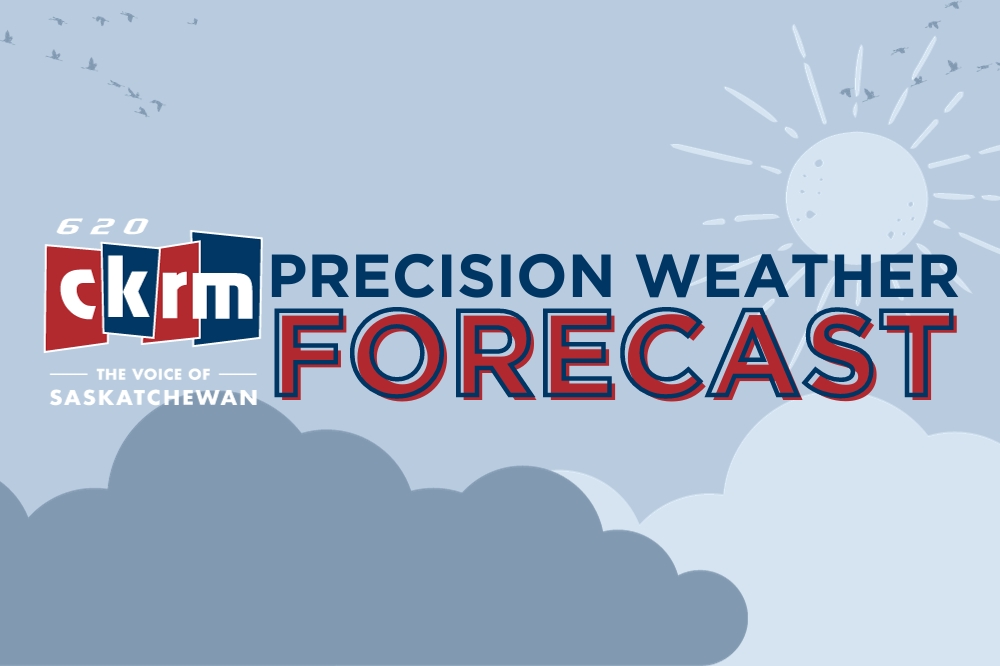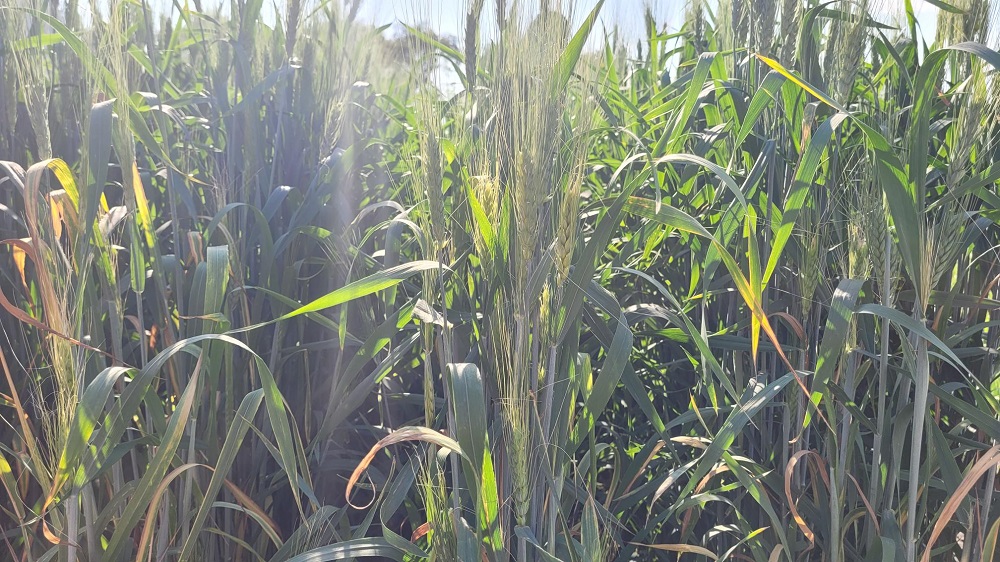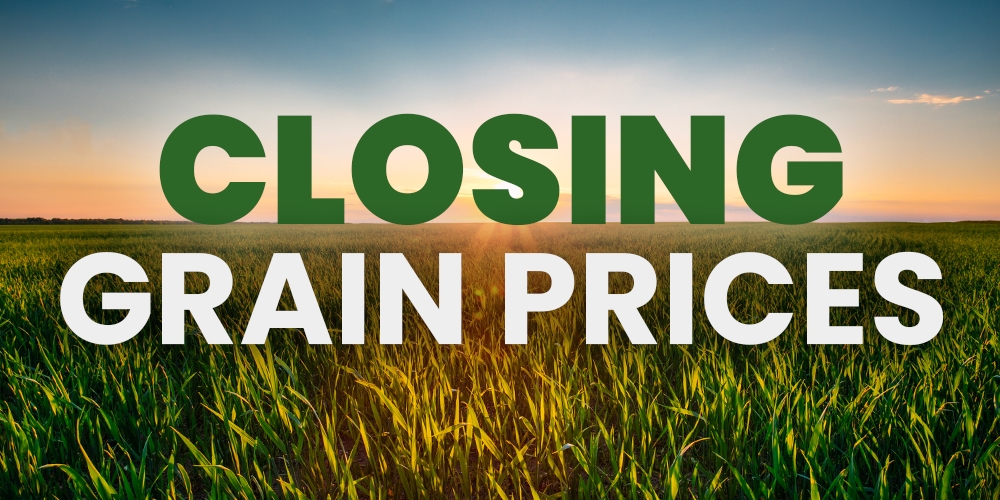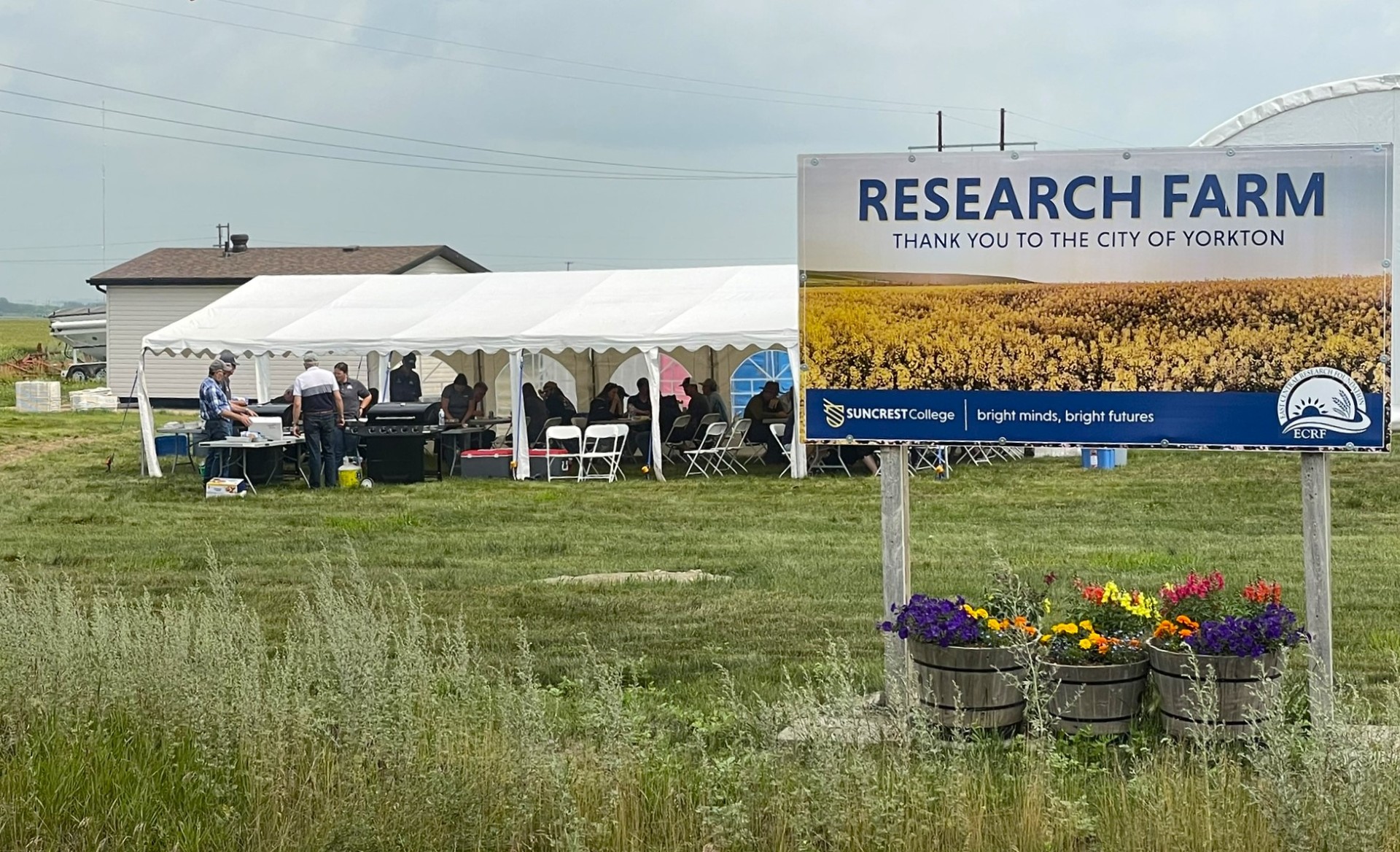A pair of University of Saskatchewan researchers have been awarded $322,000 for two research projects.
The projects will look at developing drought and salinity-tolerant forage crops and reducing heat stress in dairy cattle.
Dr. Jon Bennett, an assistant professor in USask’s College of Agriculture and Bioresources, was awarded $191,000 over three years to increase forage crops’ productivity and salinity tolerance sustainably.
Bennett’s team aims to reduce the need for inputs and increase forage production by optimizing plant interactions with symbiotic arbuscular mycorrhizal fungi (AMF) that colonize plant roots. AMF can increase plant tolerance to low water, salinity, and pathogen resistance and, in turn, thrive on plant-derived carbon.
“Our ultimate goal is to determine if we can develop forage varieties that are more broadly responsive to AMF and develop AMF that benefit those forages,” Bennett said.
To accomplish the goal, researchers will measure a suite of variables linked with plant-AMF interactions across multiple populations for two important forage legumes, alfalfa and sainfoin, and then study if these traits influence plant growth under different stresses.
The second project to receive funding was Dr. Gregory Penner, a USask’s College of Agriculture and Bioresources professor and USask Centennial Enhancement Chair in Ruminant Nutritional Physiology. His project was to investigate dietary strategies to help dairy cattle deal with the summer heat. He was awarded $131,00 over two years.
“We are specifically focusing on whether cations (sodium and potassium) or dietary buffers (carbonates) help to mitigate heat stress,” Penner said.
Researchers will use USask’s Rayner Dairy and Research Facility to feed cows a specific dietary supplement. Researchers will study variables such as animals’ core body temperature, feed intake, milk production, and indicators for inflammation to see if the feed strategies help mitigate heat stress.








